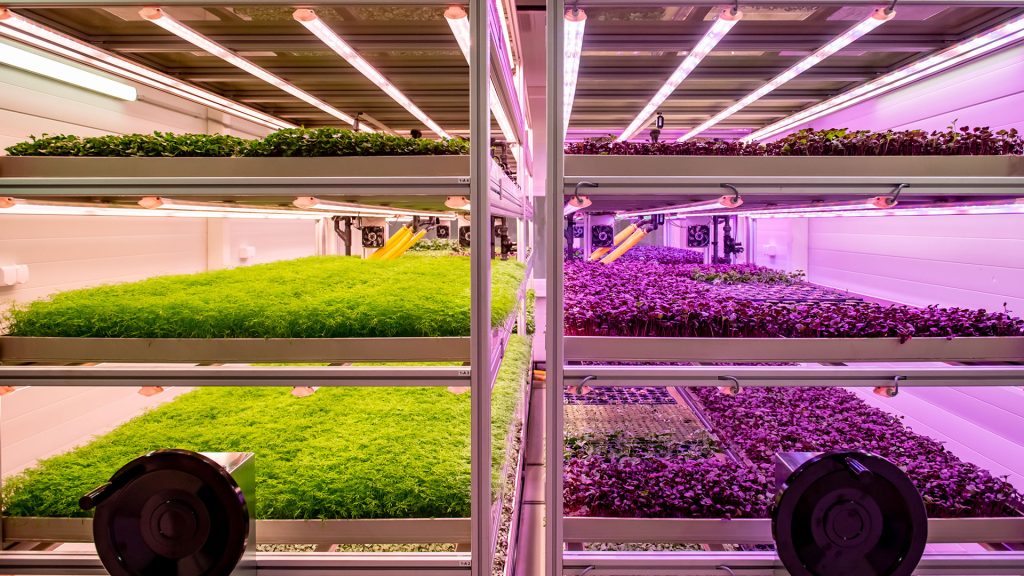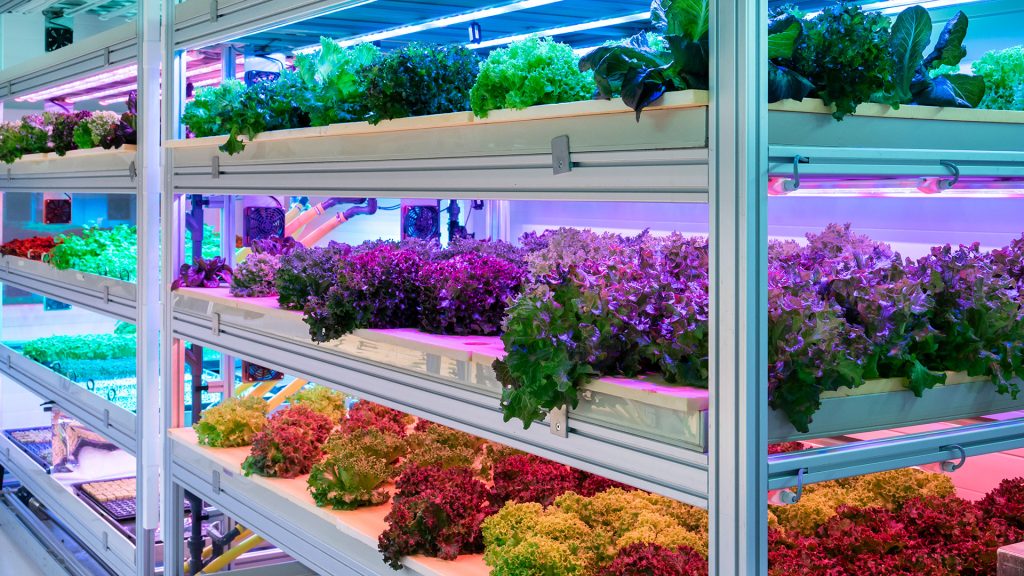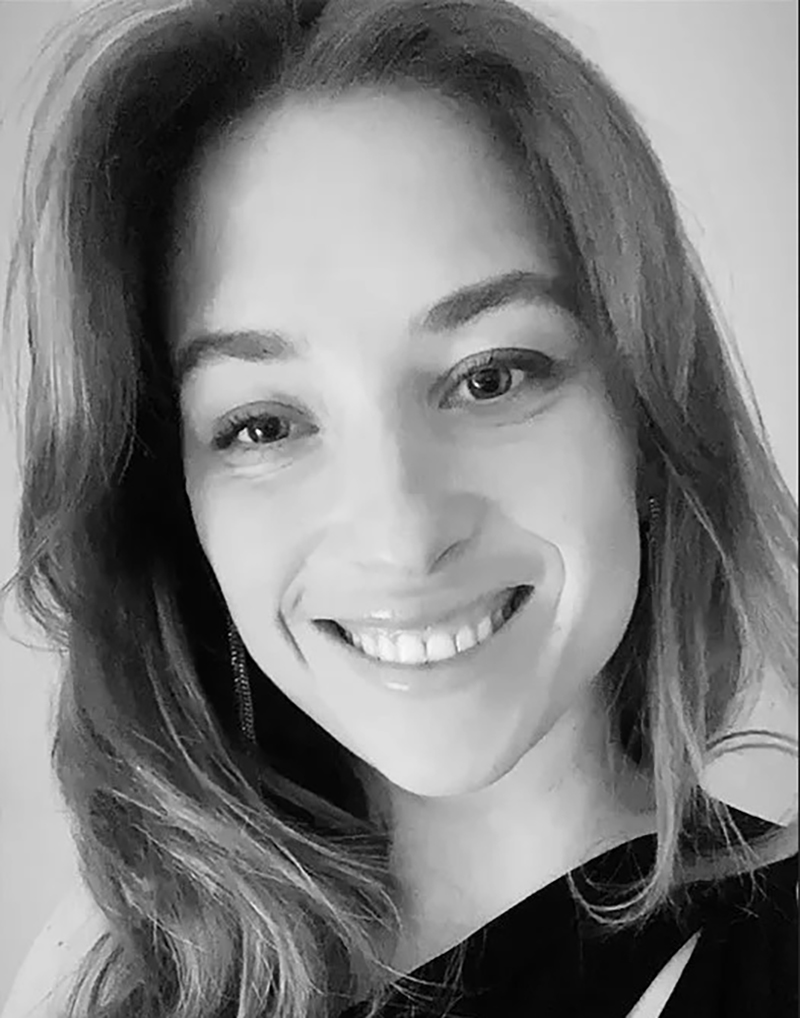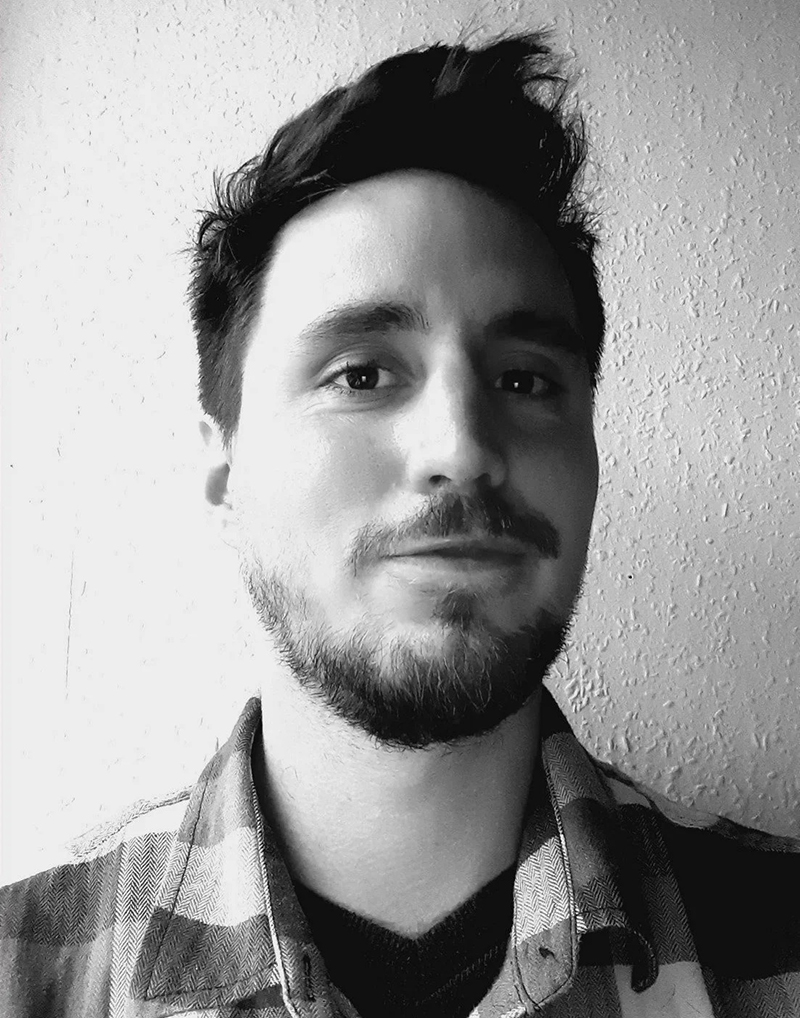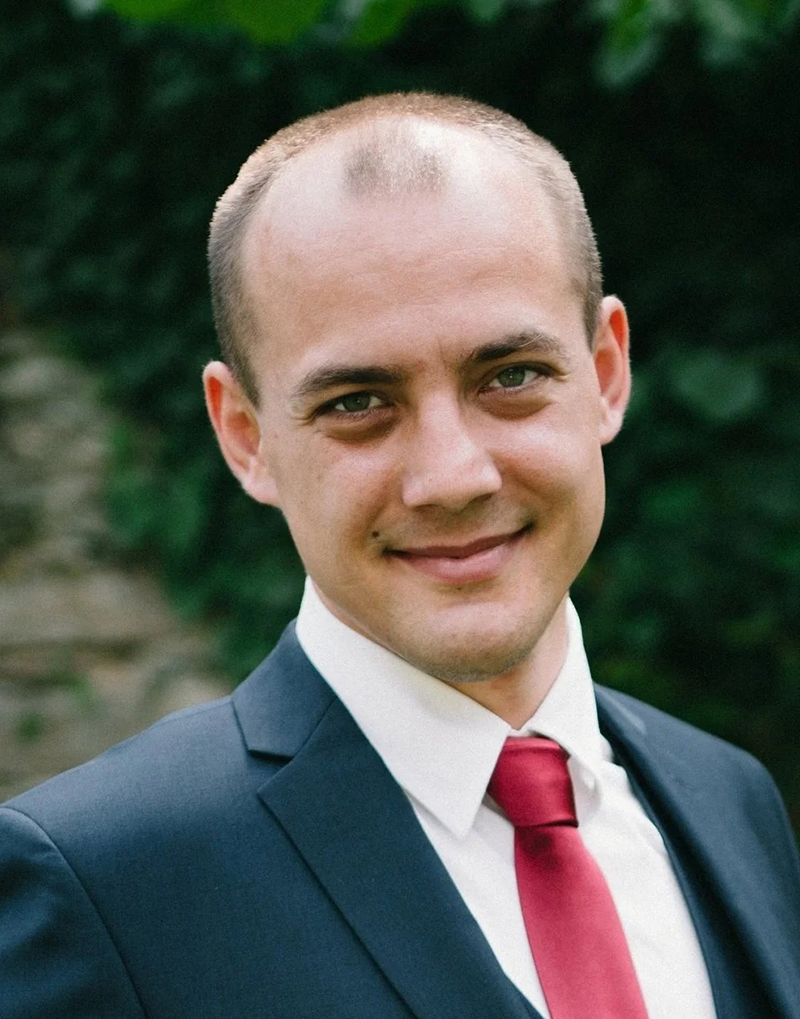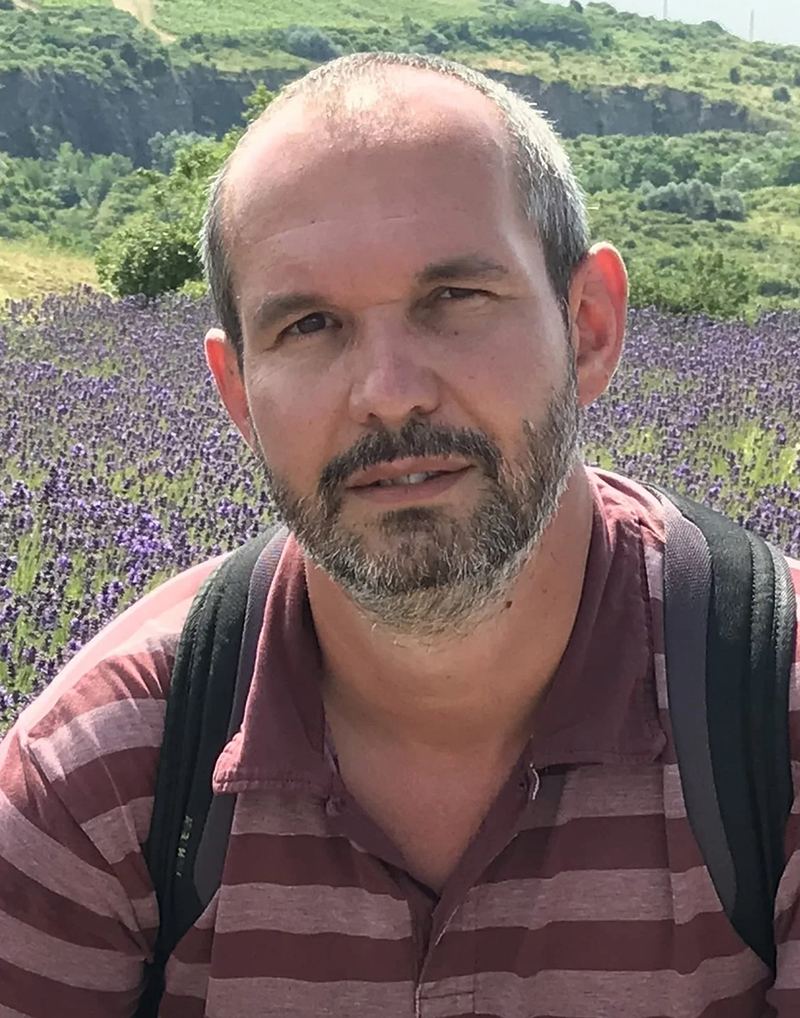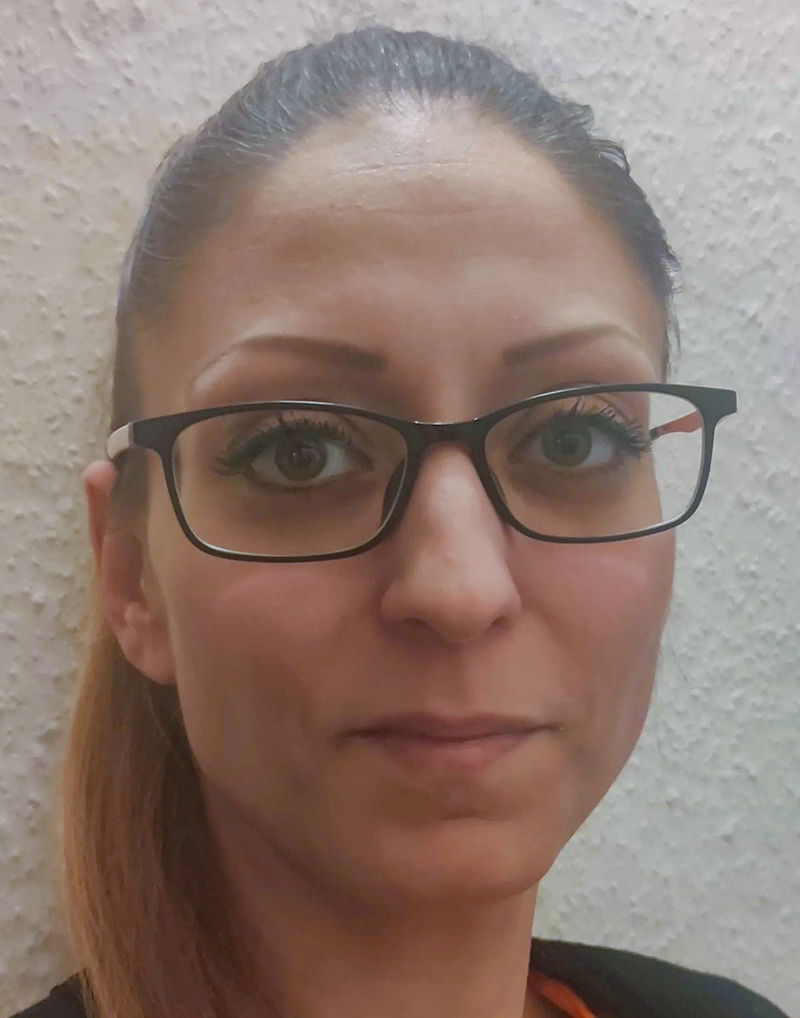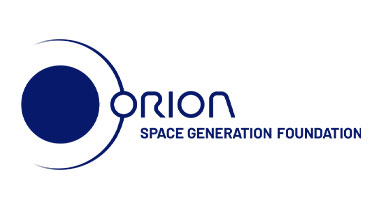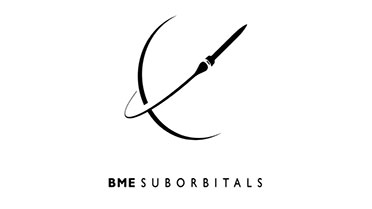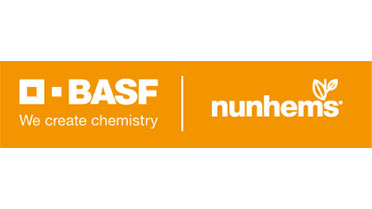Csillagváros Ltd.
Vertical Farm in the service of science
About us
Overpopulation, the decrease of arable land, poor soil quality, and the increasingly frequent occurrence of extreme weather have brought vertical farms to life.
The advantage of vertical farms lies in their ability, with adequate automation, to achieve 24-hour production. Production is chemical-free, and if the technology is properly implemented, the products can be consumed without washing, i.e., food-grade products can be manufactured. Thanks to their controllability, it is easy to increase targeted content values, such as the elevated vitamin C content in salads. Compared to conventional cultivation, water consumption in vertical farms is up to 95% lower.
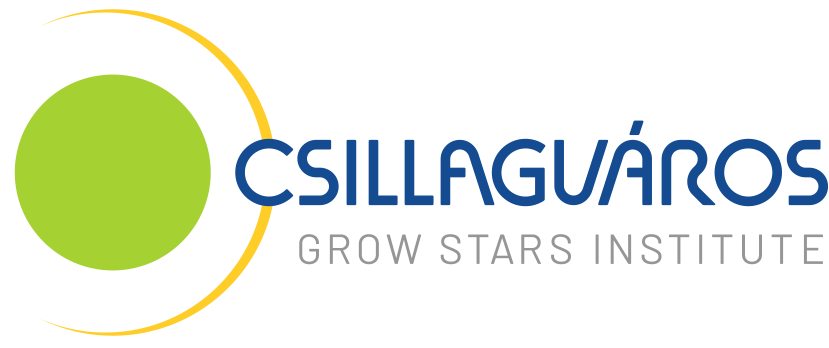
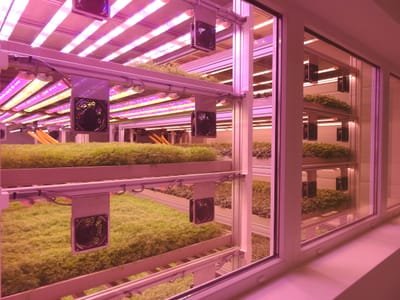
In the future, in addition to cultivating leafy vegetables, seedling production, and strawberries, vertical farms can play a significant role in space research and in feeding the astronauts of the future. The Orion Spacegeneration Foundation and Csillagváros Ltd are collaborating to achieve this goal. The development of vertical farms can contribute to the exploration of alien planets; for example, this technology could ensure a stable food supply on Mars.


A common future for vertical farms and space exploration
There are a number of crops that have already been tested in space. Currently mainly for research, but in the near future also for human consumption. Plants that mankind will have to take on extraterrestrial expeditions and colonisations are already being cultivated today. These new plant varieties could justifiably be called ‘colonisation plants’. The role of Csillagváros Kft. R&D vertical farm goes beyond traditional plant cultivation.
Experiments with the cultivation of colonisation crops not only serve to diversify food sources, but also help astronauts to have access to healthy and nutritious food during long-duration space missions. Our colonisation crops, although grown in terrestrial conditions, are very similar in cultivation technology to the Veggie system used at the International Space Station (ISS).
Space vegetables and grains, which are also the basis of our research: pak choi, wheat, cabbage, radish, lettuce, parsley, dill, basil, mizuna, romaine lettuce.
GSILL
Grow Stars Institute Living Lab
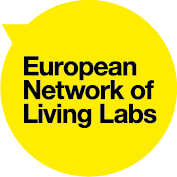
The Grow Stars Institute Living Lab (GSILL) is a multiple-site Controlled Environment Agriculture (CEA) facility with a professional Research & Development & Innovation staff capable of planning, executing, and evaluating complex research & innovation in every field of vertical farming, urban farming, and healthy food production. Established in 2021, GSILL utilizes the latest state-of-the-art technologies and currently represents an ideal connection between R&D and industrial environments for experiments, involving multiple actors. Our Living Lab provides a unique and well-developed infrastructure in every aspect of CEA. The Living Lab includes five individually controllable vertical farm systems in separate rooms and three small-scale growth cabinets.
At GSILL, users are involved in every step of the innovation process, from ideation to market uptake. To co-create innovative products, services, systems, or processes in the field of urban farming, vertical farming, and food safety, Grow Stars Institute Living Lab introduces its unique Vertical Farm as a Service (VFaaS) solution for stakeholders from the academic, governmental, public, and civil sectors.
Services
Research, our services and results
Team
